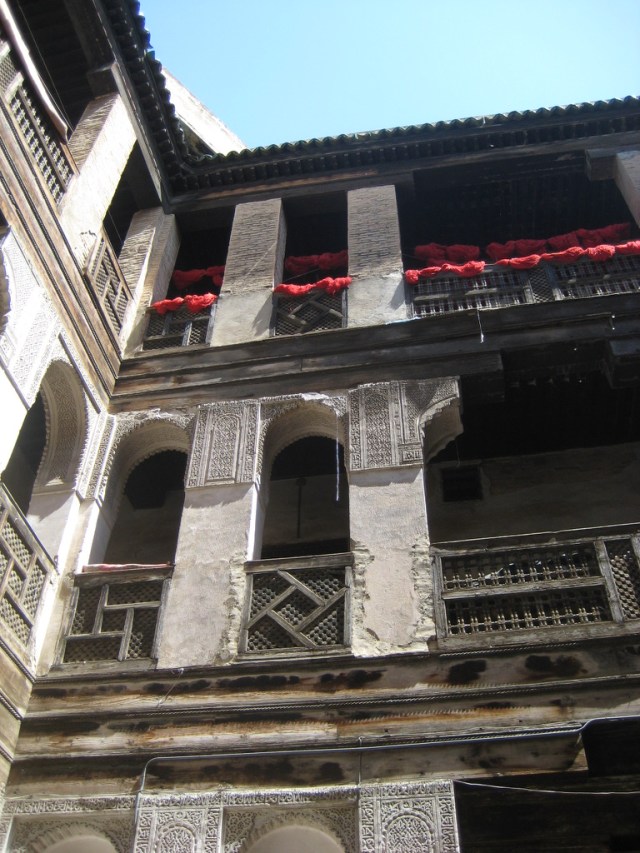
Early modern Islamic religious life across Afro-Eurasia was marked by many trends and developments with roots in the medieval period but which took on new and often surprising forms in the following centuries. One of the most important trends was the explosive growth of devotion to Muḥammad, growth both in terms of apparent overall popularity but also, and more objectively measurable, growth in the number of textual instruments, ritual practices, and social settings oriented towards Muḥammad-centered devotion. Alongside this growth in devotion was another trend that does not at first glance seem related, namely, the continued flourishing and adaptive transformations of ‘deviant’ mendicant piety, the sort exemplified in the late medieval period by the Qalandar and other types of ‘radical’ dervishes, and in the early modern particularly by the majdhūb. Such forms of ascetic practice and aspiration to sainthood often eschewed compliance with the sharī’a, or at the very least transgressed many social norms in a deliberate fashion.
The following saint’s life, preserved in a seventeenth compilation of outstanding holy or learned (or both) lives, comes from Morocco, Fez to be precise, and embraces both of the above trends in early modern Islamic religious life. The saint, Sīdī ‘Abd al-Majīd, was acclaimed a saint, at least according to our author al-Ifrānī, because of his incredible, indeed super-human, devotion to the Prophet of Islam. The first few paragraphs of his life, the entirety of which I have translated here, lay out his acts of devotion and his saintly inner states, including the curious detail that his ecstatic remembrance of Muḥammad took place even in the latrine- a detail which hints at a somewhat non-normative manner of life. It is in the following paragraphs that we are given further indications that ‘Abd al-Majīd was not universally admired and that his mode of life had many parallels with that of the ‘deviant’ dervishes better known from the Islamic East. But before we consider just what kind of a saint he was, it would be better to read his life as al-Ifrānī has described it:
Among them, the well-known saint and great gnostic Sīdī ‘Abd al-Majīd ibn Abī al-Qāsim al-Bādisī: he was originally from the Rif [1], from the region of the Banū Yaṭifat; he was of the Malāmatiyya, and dwelled in the funduq [2] associated with him north of the Qarawiyyīn Mosque, which is now known as the Funduq of Sīdī ‘Abd al-Majīd. He practiced numerous prayers upon the Prophet, God bless him and give him peace, constantly devoted to him and to prayers upon him, of immense affection towards him, enraptured in love of him, and of great love towards the Folk of the House [3]. And whenever he commenced with invocation of blessings upon the Prophet, God bless him and give him peace, he would begin with saying: ‘I take refuge in God from Shayṭān the accursed. In the name of God the Merciful, the Compassionate: verily, God and His angels pronounce blessings upon the Prophet—O you who believe, pronounce blessings upon him and ask for him peace!’ He would complete this arrangement in good order, letter by letter, then say: ‘O God, bless Muḥammad!’ then ecstasy would overwhelm him and he would simply cry out, ‘Muḥammad! Muḥammad!’ He did not cease remembrance of him standing or sitting, in whatever condition he was in, even in the latrine (bayt al-khalā’). It was said to him, ‘Do you mention him in the latrine?’ He replied, ‘It dwells, O brother,’ meaning, perhaps, love [of Muḥammad], but God knows best. Continue reading “The Funduq Saint of Fez: ‘Abd al-Majīd and His Exceptional Acts of Devotion”
